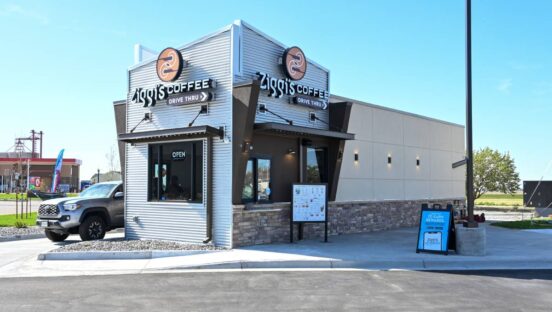With Congress set to tackle financial reform, the Food and Drug Administration Modernization Act, an attempt to overhaul the nation’s food-safety system after recent outbreaks of E. coli, Salmonella, and other pathogens, has once again been pushed down the legislative agenda.
In amending the Federal Food, Drug and Cosmetic Act of 1938, the Modernization Act would increase the FDA’s ability to monitor the nation’s food supply and to take stronger action when safety issues arise.
Specifically, the act authorizes the Secretary of Health and Human Services to suspend the registration of food facilities, assess and collect fees related to recalls and reinspections, and order immediate recalls of tainted food—a power the industry has long called for. It also empowers the Secretary to track and trace raw agricultural commodities and increases regulation of foreign imports.
The restaurant industry largely favors the bill, as restaurants often shoulder much of the blame and bad publicity when outbreaks do occur.
A bill similar to the Modernization Act passed the House last year on July 30, with President Obama calling it a “major step forward in modernizing our food-safety system.” Forward progress came to a halt in the Senate, however, when the battle over health-care reform took over Capitol Hill.
When health care finally passed, many expected the Senate to get moving on the Modernization Act. Earlier this month, Senate Majority Whip Dick Durbin (D-IL), who proposed the legislation, said his chamber was “now days away from calling it on the floor.”
Making his announcement at a Chicago grocery store, joined by several victims of recent food-borne illness outbreaks, Durbin said, “It’s clear that the FDA … is simply underfunded and overwhelmed. It’s time that we made a change.”
That time has now been pushed indefinitely into the future, with financial reform promising to be another ugly, partisan fight. Republicans have vowed to oppose, and possibly filibuster, a bill sponsored by Senator Christopher Dodd (D-Conn) that has been approved by Democrats on the Senate Banking Committee.
“Unfortunately, food safety and inspections are only a priority right after a major outbreak,” says Christopher Muller, director of the Center for Multi-Unit Restaurant Management at the University of Central Florida.
Despite setbacks, Durbin and other proponents of the Modernization Act say the bill has bipartisan support. The House and Senate, however, disagree on how to fund a beefed-up food-safety system. The House would charge food producers, processors, and manufacturers user fees. The Senate, on the other hand, would rely on appropriations.
As its name suggests, the Modernization Act would update a food-safety system forged more than 70 years ago, says Mike Taylor, the FDA’s deputy commissioner for foods.
“The bill contains the basic elements of a modern, preventive, controlled approach,” Taylor says.
Taylor calls the legislation “a paradigm shift” that would allow the government to prevent, rather than just react to, outbreaks of food-borne illness.
“We need additional tools to have a food-safety system that is as preventive as possible,” Taylor says. “We don’t have adequate tools now, and we do expect that Congress will pass legislation that will give us those tools.”
But the question of when remains. An aide in Sen. Durbin’s Washington office says the food-safety bill would likely pass before Memorial Day.
“We’re hopeful that once it gets to the floor, it will pass quickly,” he says.
For some in the restaurant industry, the Modernization Act’s postponement is disappointing.
“Just as the finance reform is fixing a problem that has already occurred, food-safety legislation is easy to postpone until someone dies,” Muller says.
The Modernization Act, if it does eventually pass, would end an era in which the food industry largely policed itself.
Having vowed to expand government oversight of the industry, President Obama proposed increasing the FDA’s 2011 budget by almost 23 percent to more than $4 billion. Without increased regulatory authority, however, the FDA will continue to lack the tools needed to spend the extra money on improving food safety.












